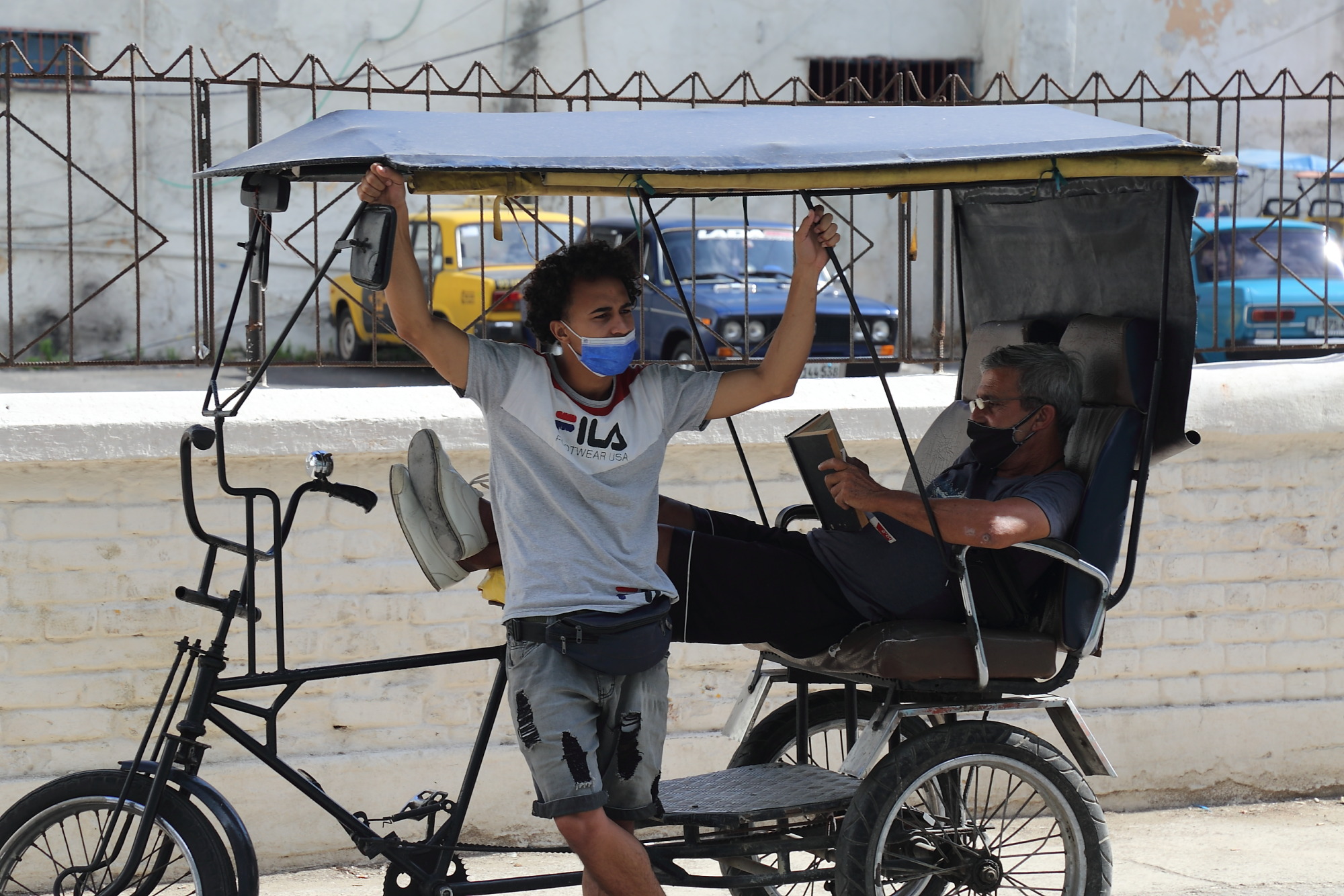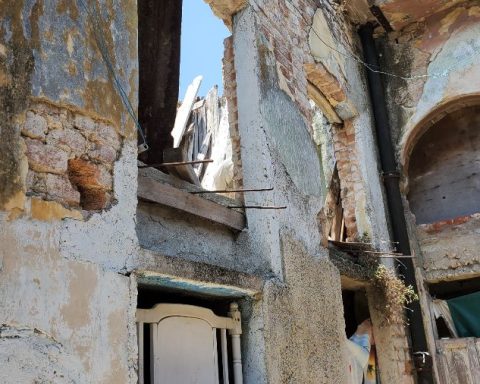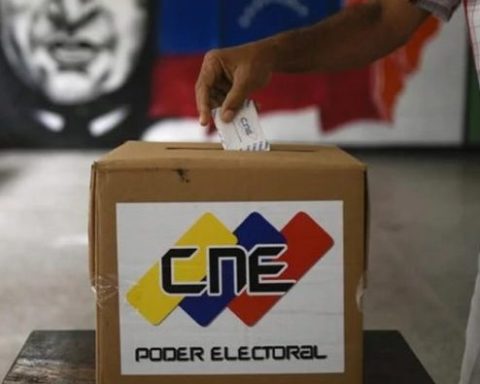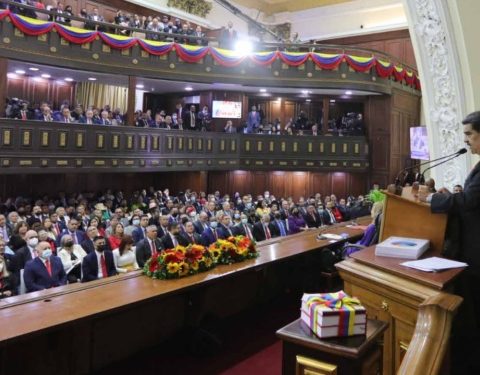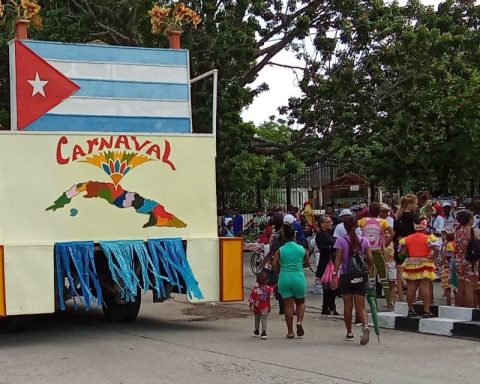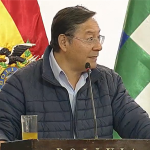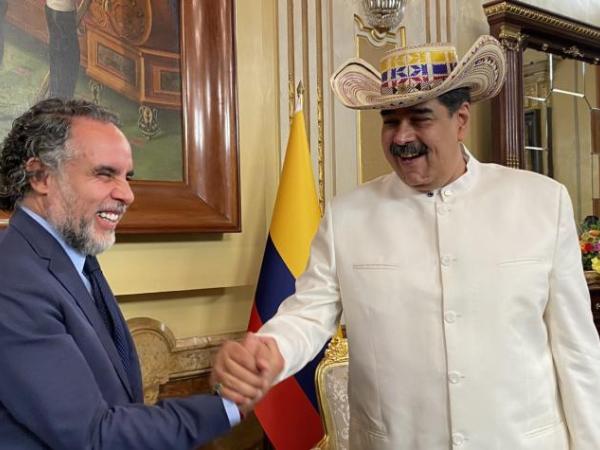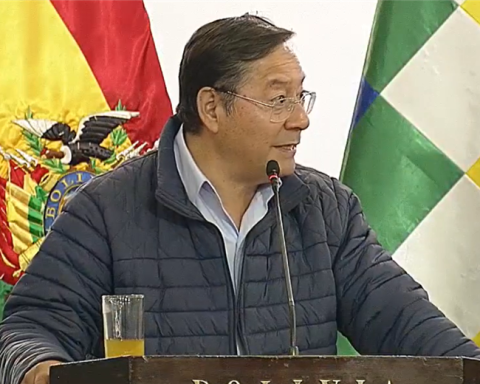HAVANA, Cuba.- The Cuban regime has announced the new Family Code as a law not yet in force a few weeks before submitting it to a referendum. On August 17, the Law 156/2022 “Family Code” in the Official Gazette No. 87 Ordinary, approved by the National Assembly of People’s Power.
Once again, the regime insinuates that the popular vote will be worth nothing on September 25, the day it will be submitted to a referendum, unless it is to validate a process that, in itself, is not democratic.
The text has generated a lot of controversy, mainly on social networks, since its approval by the Cuban Parliament last July. The views are divided: some advocate Yes, especially those who defend the approval of same-sex marriage, others for No, mainly because they are against greater State interference in families; and a third group advises not to participate in the referendum because “in a dictatorship you don’t vote.”
A referendum is a legal procedure by which laws or administrative acts are submitted to a popular vote for approval. According to article 218 of Law No. 131, the referendum “is convened by the National Assembly of People’s Power, in which citizens with electoral rights, through a free, equal, direct and secret vote, express whether they ratify, approve, modify or repeal certain legal provision.
At the end of the Family Code published by the Official Gazette, it is explained: “This Code is published in the Official Gazette of the Republic of Cuba for general knowledge” and “enters into force once ratified in the Popular Referendum.”
However, it is already a text of general knowledge in the population long before its approval by Parliament, since it was even discussed among citizens. So, what is the point of circulating it in the Gazette if it has not yet been approved in a referendum? With this, a contradiction is generated because with the publication in the Official Gazette, the Family Code is promoted as law, regardless of the result of the referendum on September 25.
On the other hand, what should be clarified is that it would enter into force “if it is approved in a Popular Referendum”, which would include the possibility of a negative vote, because as it stands it is assumed that it will be approved in the referendum, that is , which is practically a fact. What would happen if the majority vote is No? Will it be removed from the Official Gazette? Will the popular vote be recognized or will it be manipulated?
“This breaks with all the uncertainty that should govern a transparent electoral process, who wins is only known after the electoral process,” lawyer Laritza Diversent told Cubanet.
The lawyer Giselle Camila Morfi thinks similarly, for whom, with the publication in the Official Gazette, “citizen participation and popular will is being annulled.”
Another lawyer consulted by Cubanet, on condition of anonymity, refers that it is “an act of subjective coercion, there is no other explanation, to discourage those who plan to vote No or not vote (as will be my case). It is a form of intimidation, so that those who do not conform know that any action against them will be in vain”.
Although processes of this type are not common in Cuba -the most recent was the 2019 Constitutional Referendum- announcing as a law not yet in force something that has not even been approved in a referendum is an anti-democratic act, hypocritical, as well as disrespectful to the citizenship. It is mere propaganda in favor of the regime, making people think that their vote, whether positive or negative, will have value or influence, when behind the curtain they place their traps.
All this shows what many of us have been alerting: that the Family Code was approved in advance and that the referendum is just theater.
OPINION ARTICLE
The opinions expressed in this article are the sole responsibility of the issuer and do not necessarily represent the opinion of CubaNet.
Receive information from CubaNet on your cell phone through WhatsApp. Send us a message with the word “CUBA” on the phone +1 (786) 316-2072, You can also subscribe to our electronic newsletter by giving click here.
